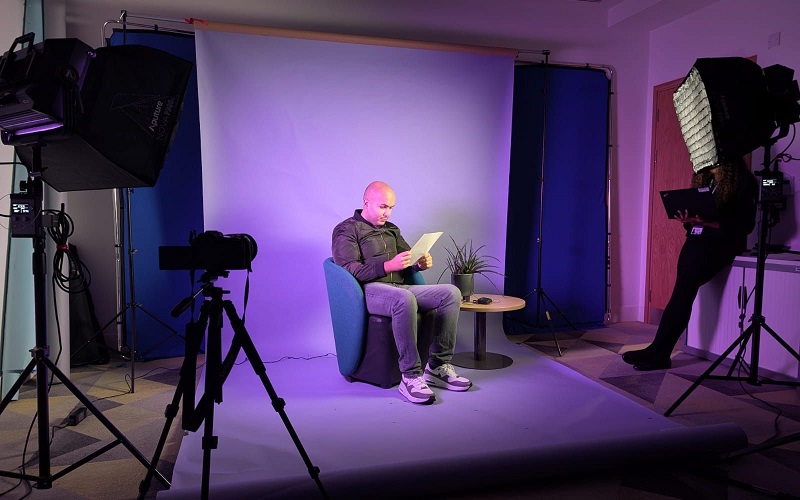
The Bill, which will give mental health patients a greater say in their care, had its second reading in the House of Lord this week.
Raf was invited by the charity Rethink and the Department of Health and Social Care to share his thoughts on the importance of the reforms to Channel 4. He was interviewed by Health and Social Care Editor, Victoria Macdonald.
He said: “The experiences of being detained under the Mental Health Act are unique. It restricts your movements, you are forcibly medicated, placed in seclusion and told where and when you can go. Your life is completely controlled.
“All care should be person-centred. I hope that elements such as Advanced Choice and Culturally appropriate advocacy will work towards ensuring care and treatment is more person centred with added protections for some of the most marginalised and often discriminated groups in society.”

Raf was also invited to meet with Baroness Merron, Minister for Patient Safety, Women’s Health and Mental Health at the South London and Maudsley NHS Foundation Trust.
Three Cygnet Experts by Experience (those with lived experience of inpatient setting) were later interviewed by the Department of Health and Social Care about their experiences of care settings, reforms to the Mental health Act, and why all care should have patients and their loved ones at the heart of it.
“I always enjoy meeting people who are influential in this space so they can hear from a lived experience perspective like myself to get an accurate sense of what experiences are like and what positive changes can be put into place,” Raf added.
“I was given the opportunity to explain the improvements this bill will bring to the thousands of people who are detained under the Mental Health Act each year.
“Mental health patients should be at the centre of their own care and treatment and have that sense of ownership. I spoke to Baroness Merron about our co-production initiatives here at Cygnet including social hubs and our Expert by Experience programme, where we empower service users from the ward back to the workforce.
“Co-production should be at the core of care planning, it gives patients the best chance possible to live fulfilling lives and get the treatment, support and dignity they deserve.”